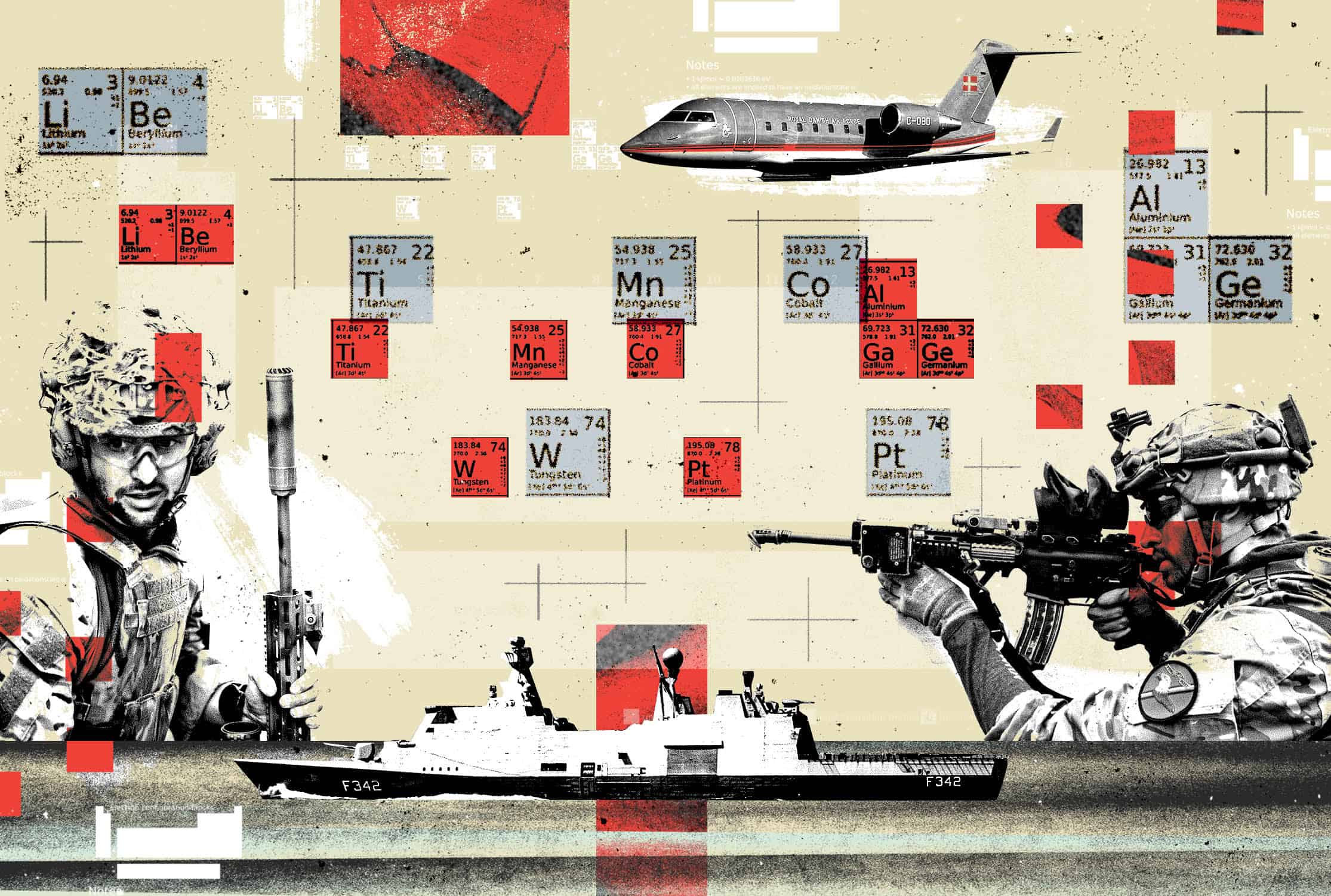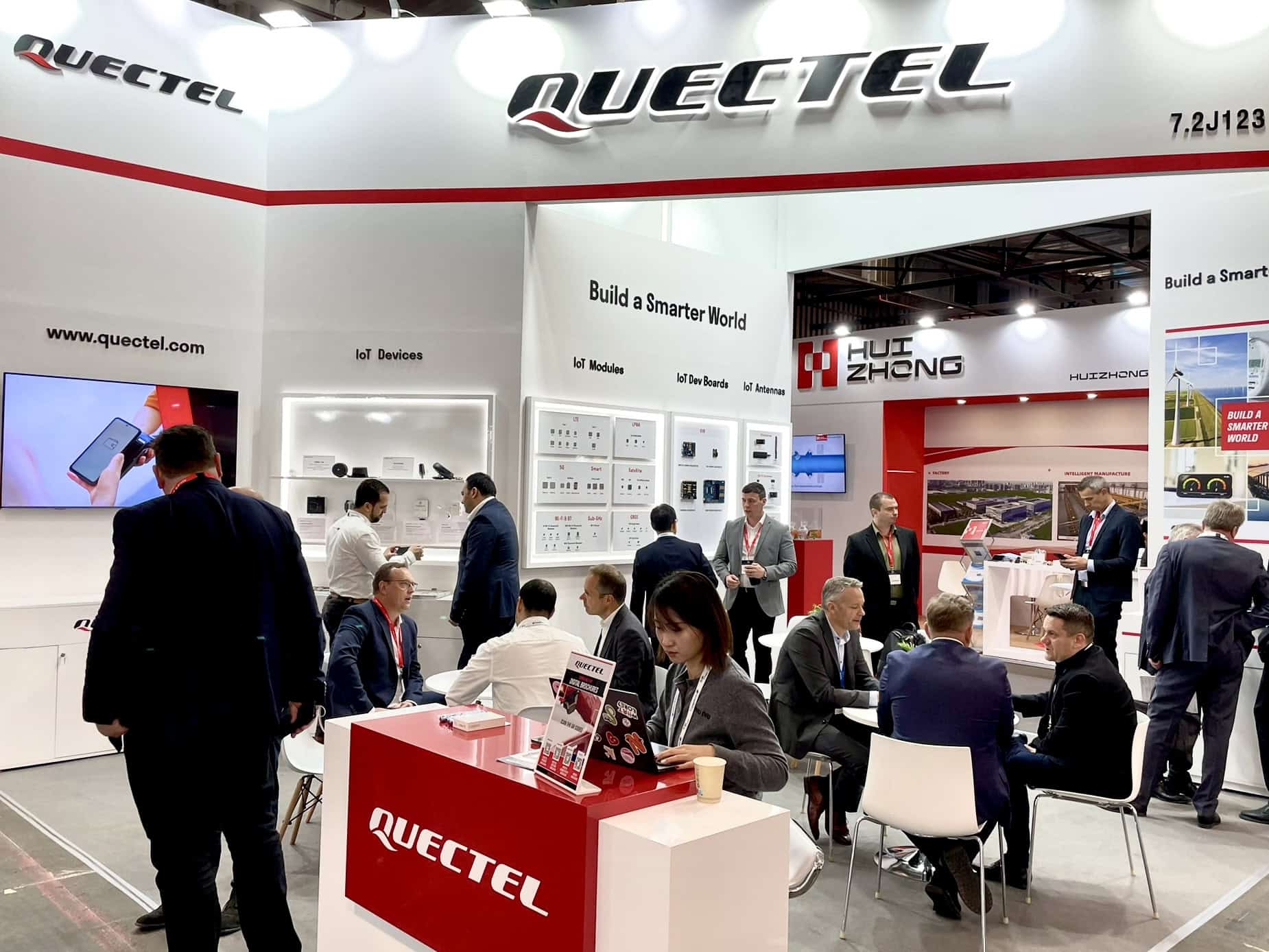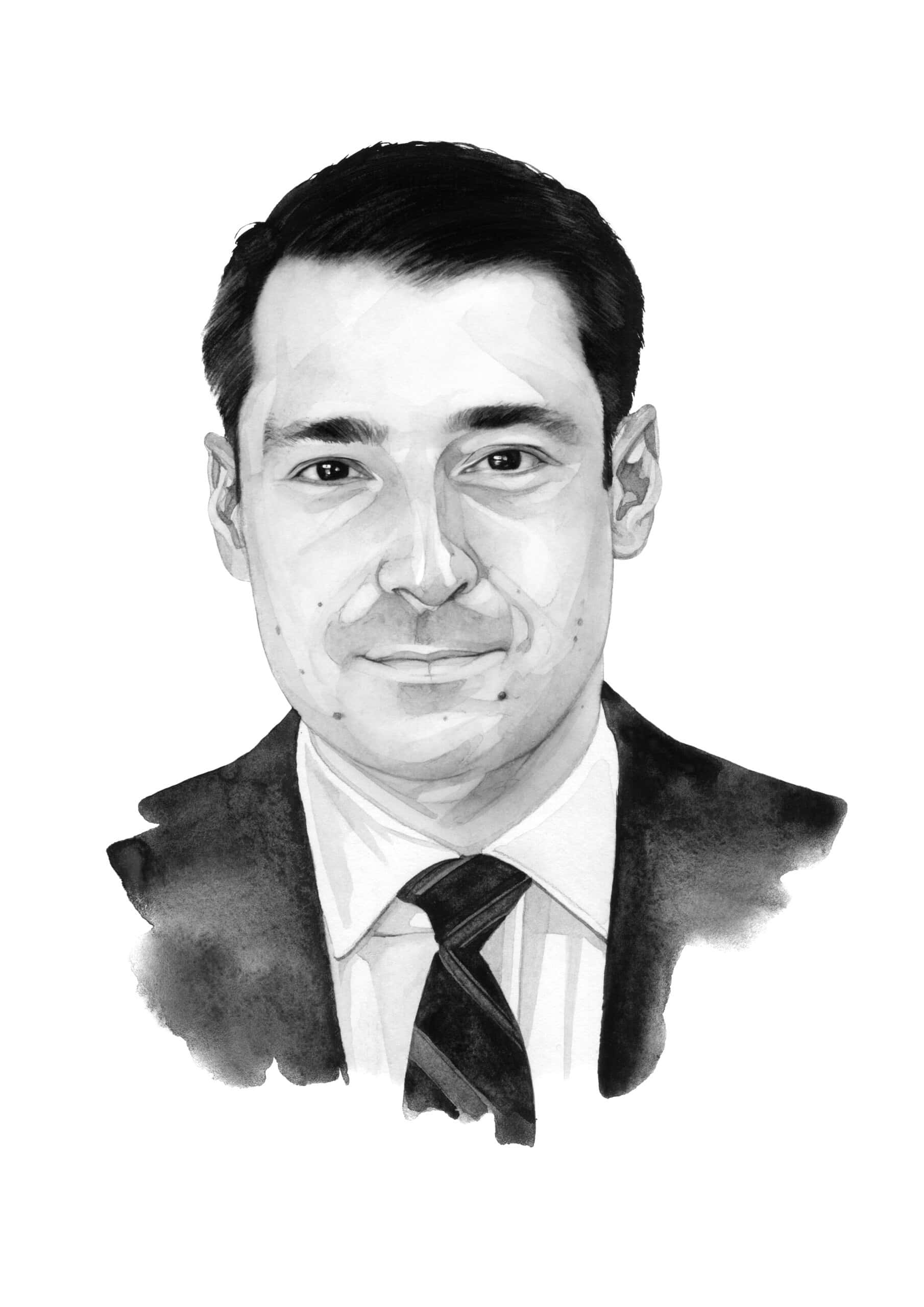Good evening. Will Taiwan fight? When asked by an American, or an American publication like The Wire China, it is a question that verges on an insult. Relatively few Americans volunteer to serve their country and the continental U.S. lies an ocean away from the only two major rivals that might conceivably threaten its security, China and Russia. Taiwan, by contrast, is a David nation that lives in the shadow of an increasingly impatient and threatening Goliath neighbour. And yet for three successive presidential elections Taiwan voters have chosen the candidate that the Chinese Communist Party didn’t want them to choose. Taiwan’s government has also recently tripled the period for military conscription for young men — to one year — and, inspired by Ukraine’s fight against Russia, is trying to encourage an atmosphere of wartime preparedness across the island. In this week’s cover story, Brent Crane reports from Taipei on the efforts of President William Lai Ching-te’s administration to foster a spirit of “societal resistance” as his mainland counterpart grows ever more impatient for “unification”.
Also in this week’s issue: How Mutually Assured (economic) Destruction is preventing an all-out Sino-U.S. trade war; Nvidia’s Blackwell chip; Ning Leng on the state of party-state and business sector relations; and Kevin P. Gallagher on China’s growing influence over global economic institutions.
Want this emailed directly to your inbox? Sign up to receive our free newsletter.
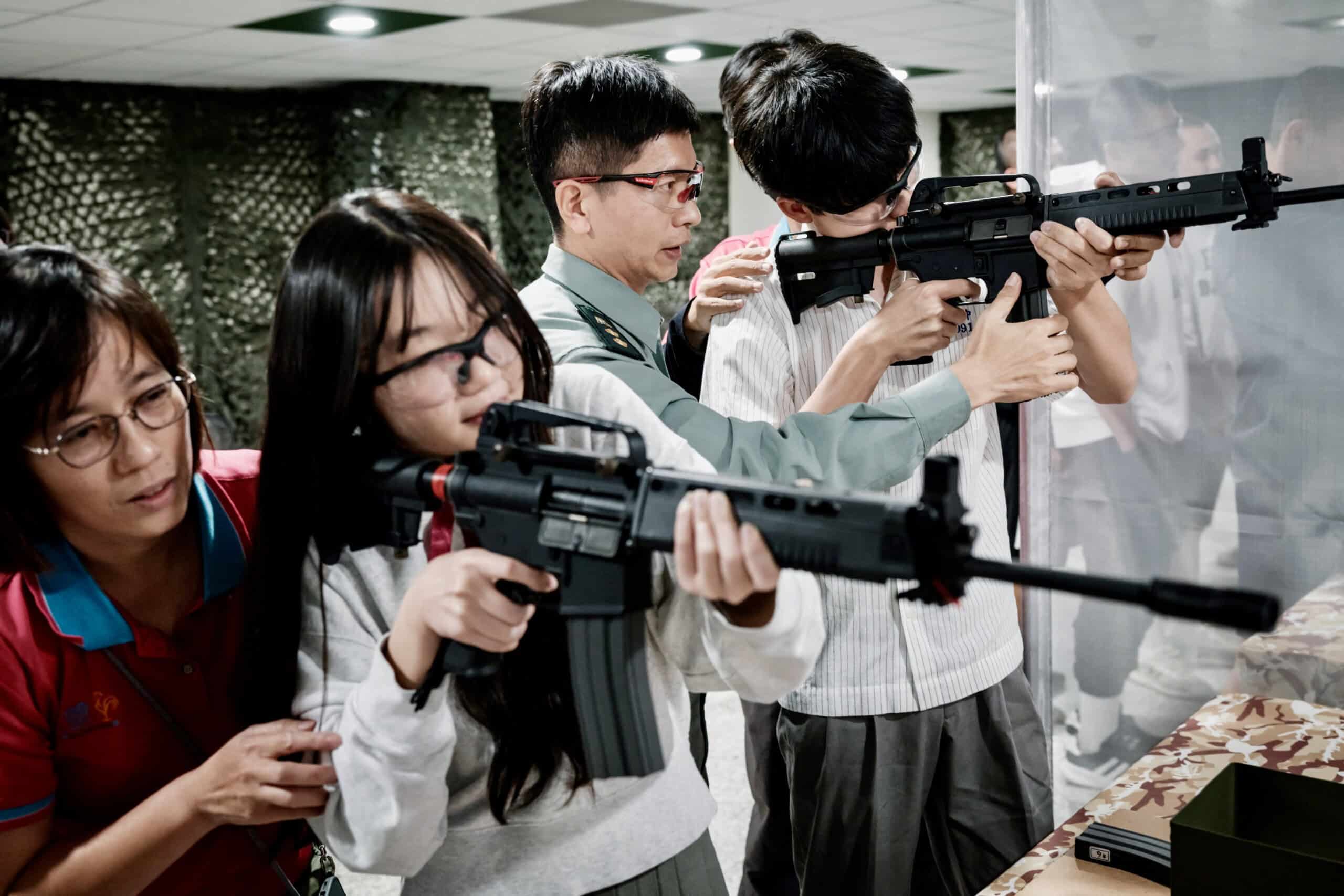
Fight of the Century
More than 85 percent of Taiwan’s people were born in Taiwan. More than 90 percent of them prefer formal independence or their current de facto independence to “unification” with China. But will they fight for that independence if President Xi Jinping forces them to? One senior Taiwanese diplomat insists they will: “Taiwanese people will fight. I cannot guarantee that we will win. But we will fight.”
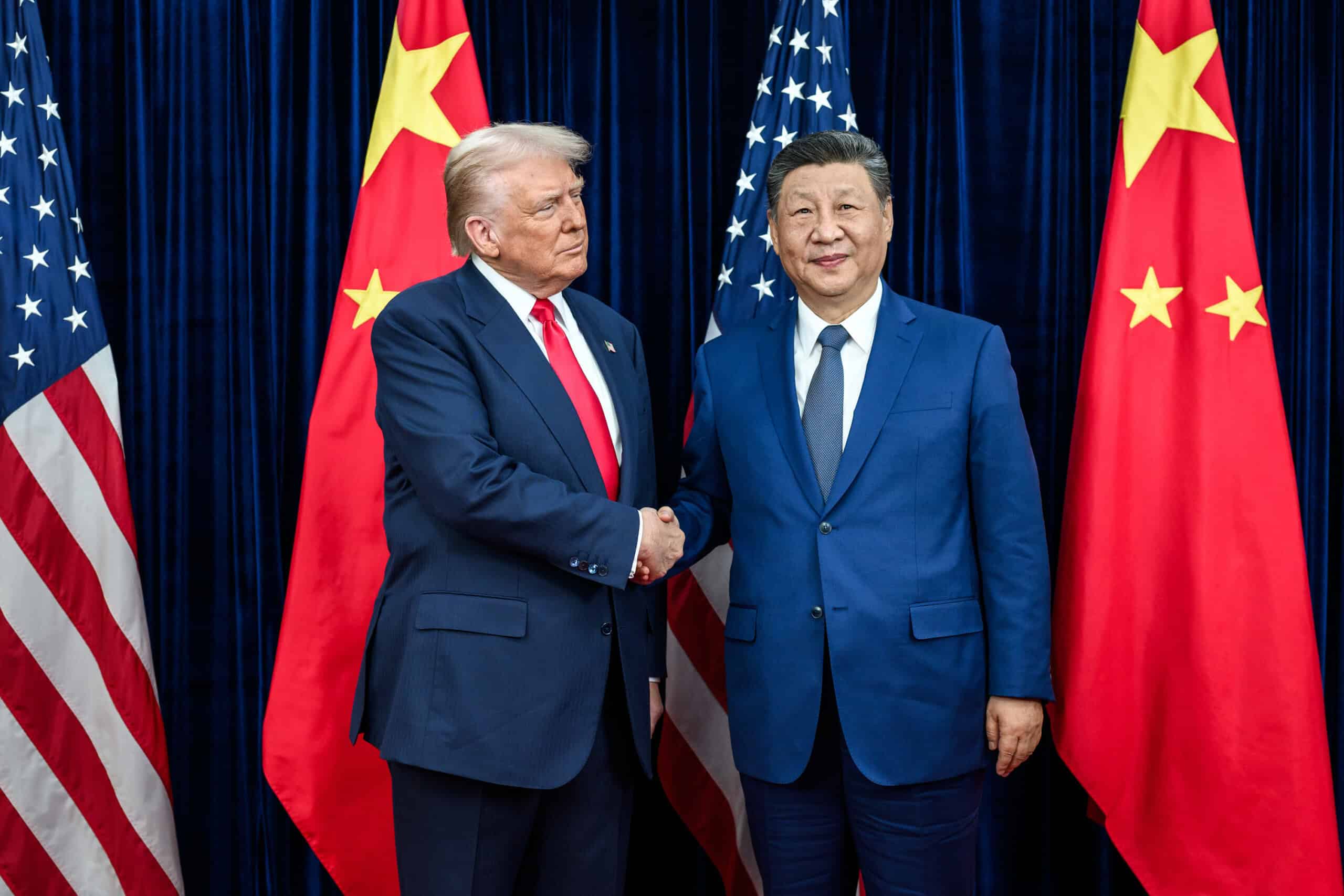
Your Rare Earths for Our Chips, or Else!
Mutually Assured Destruction — the notion that we won’t evaporate your country if you don’t evaporate ours — kept the peace between the world’s two largest nuclear powers during the Cold War. It was as mad as its acronym, but it worked. The U.S. and the U.S.S.R. never did blow each other up. Now a similar principle is at work in the 21st-century trade wars between the world’s two largest economies: America won’t cut off China’s access to semiconductors if China doesn’t cut off its access to rare earths. Eliot Chen reports on the two rivals’ “chokepoint” strategy.
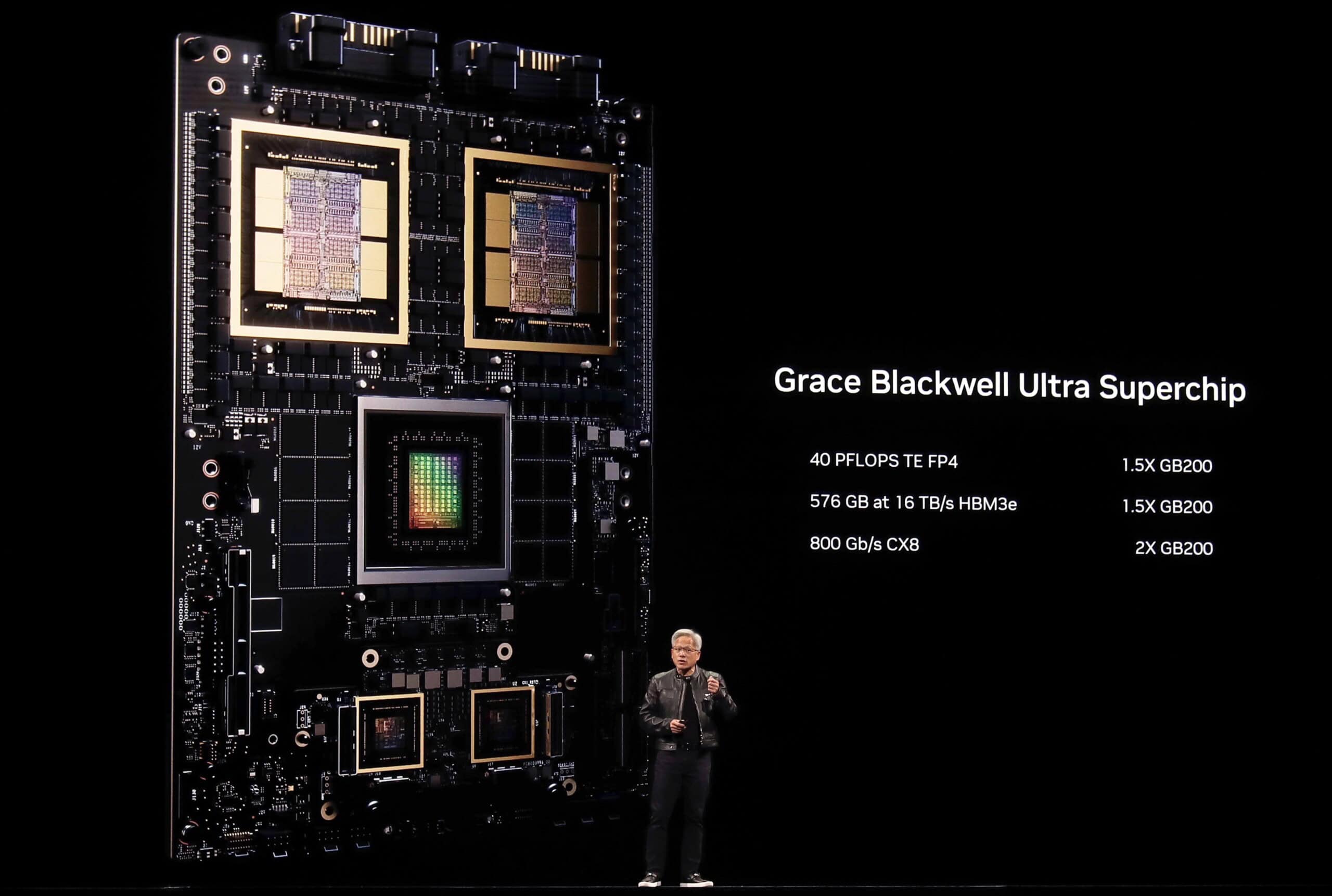
“The World’s Most Powerful Chip”
Chinese companies want to buy Nvidia’s next-generation Blackwell semiconductor chips. Nvidia wants to take their money. The Trump administration isn’t convinced this is a good idea — at least not yet. In this week’s Big Picture, Noah Berman looks at the coveted Blackwell.

A Q&A with Ning Leng

Ning Leng is a Sinologist at Georgetown University and the Wilson Center, focusing on relations between the Chinese party-state and businesses. For her recent book on the subject, she interviewed hundreds of Chinese officials and business executives.
In this week’s Q&A, Leng and Rachel Cheung discuss how bus company de-privatizations sparked her curiosity while doing field research, the political services all companies in China are expected to perform, and why the party-state is increasingly encroaching on firms that operate nowhere near the commanding heights of the economy. She notes that forcing a firm to hire more people than it needs to reduce area unemployment — something government and party officials previously turned to state-owned enterprises for — is now being asked of private companies as well.
Ning Leng
Illustration by Kate Copeland
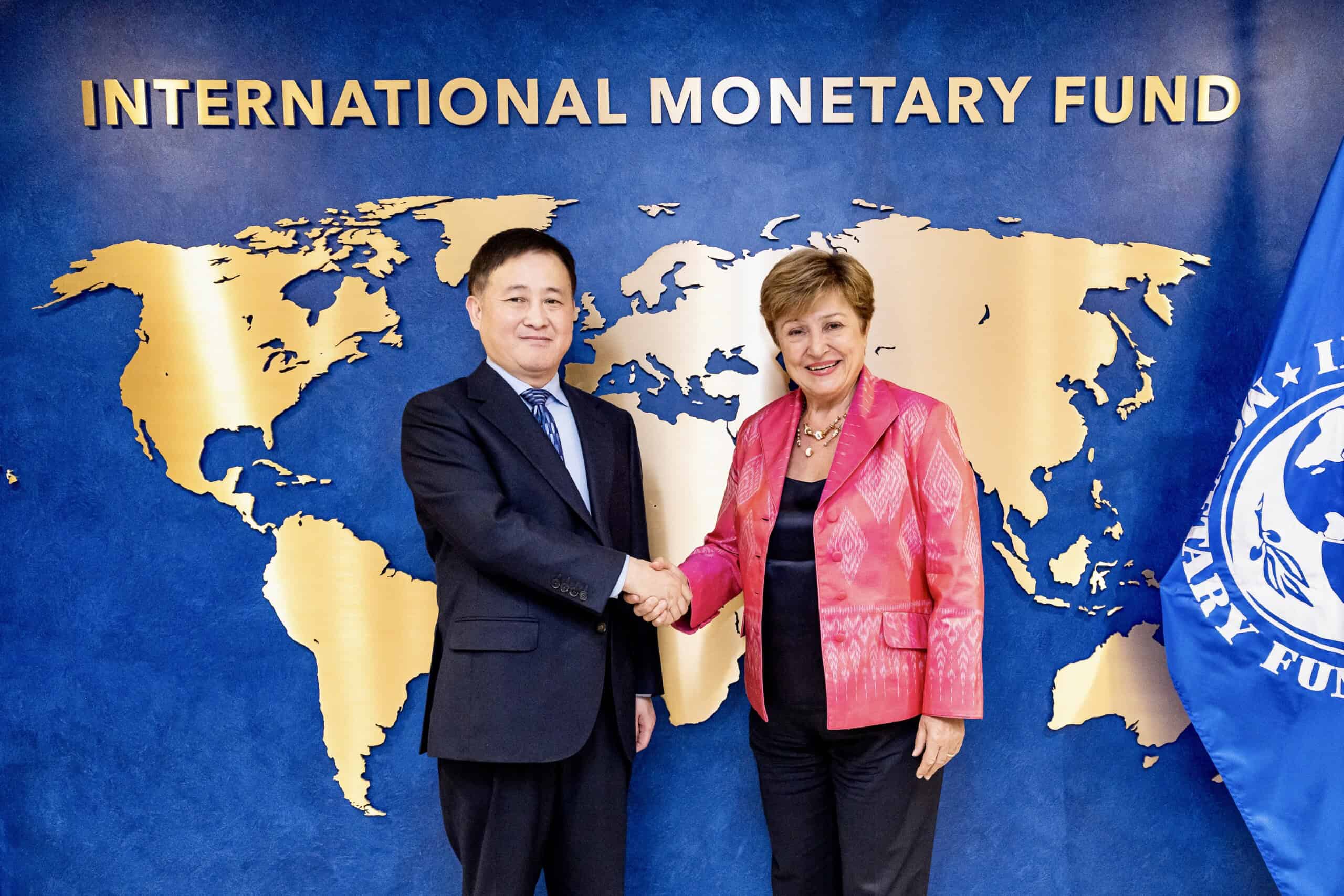
The China Lever
The U.S. and its allies need to adapt better to China’s growing influence over the institutions that govern the global economic order, argues Kevin P. Gallagher in this week’s op-ed.
Subscribe today for unlimited access, starting at only $25 a month.

